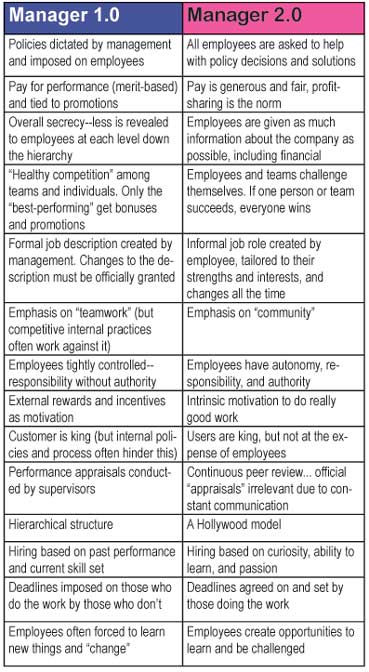However, life is different than it was five years ago. With the ubiquity and acceptability of social networking sites, finding new work is now just a little bit easier. Executives & Professionals: Changing Jobs?
Social networking sites such as Facebook and Linkedin offer an opportunity to reconnect with old friends and acquaintances, as well as make new contacts. They also offer new outlets to float trial balloons and seek advice.
If you have never used these sites, you probably should. Both are free, though they are different in nature. Facebook is focused on social aspects and is informal in nature. Linkedin is focused on business networking.
The first step to utilize these tools is to create an account. Its pretty simple and only takes a minute.
The second step is to build your profile. For Facebook, you may wish to consider leaving your religious and political affiliations blank. While it is illegal to discriminate against a job applicant on the basis of political or religious affiliation, you never know what hidden prejudices a potential recruiter or contact may have.
For Linkedin, your profile can be built by cutting and pasting from your resume. Since the site is pretty flexible, take time to highlight successes or any other item that may not have made it into your resume. Also, make sure your overview is a very tight marketing statement about you. RingCentral Online - Free Trial plus 10% Off
Thirdly, use the networking features of the site to connect to as many people as possible. You would be surprised how many of your old friends from high school and even elementary school are on Facebook. Also, Linkedin shows you where your former colleagues moved on to. Also, find groups, such as college alumni or company alumni, as well as specialty to join. In each instances, you can find out what is happening in the areas that are most pertinent to you.
Finally, once you have your friends established, tell them what you need. An example from Facebook would be, "Jack is currently looking for a new position as a welder," or for LinkedIn, "Susan is considering new opportunities in high-tech marketing." When your friends or prospects check your profile, they quickly see your interests and needs. Further, who better to help than friends and family?
While there has been a significant amount of hype around social networking, it does work. Not only does it allow you to reconnect with old friends and scattered relatives, it also allows you to join with others in shared interests. If you are looking for a job, these contacts can spell good leads as well as emotional support. Don't fear the future, explore it with others!








